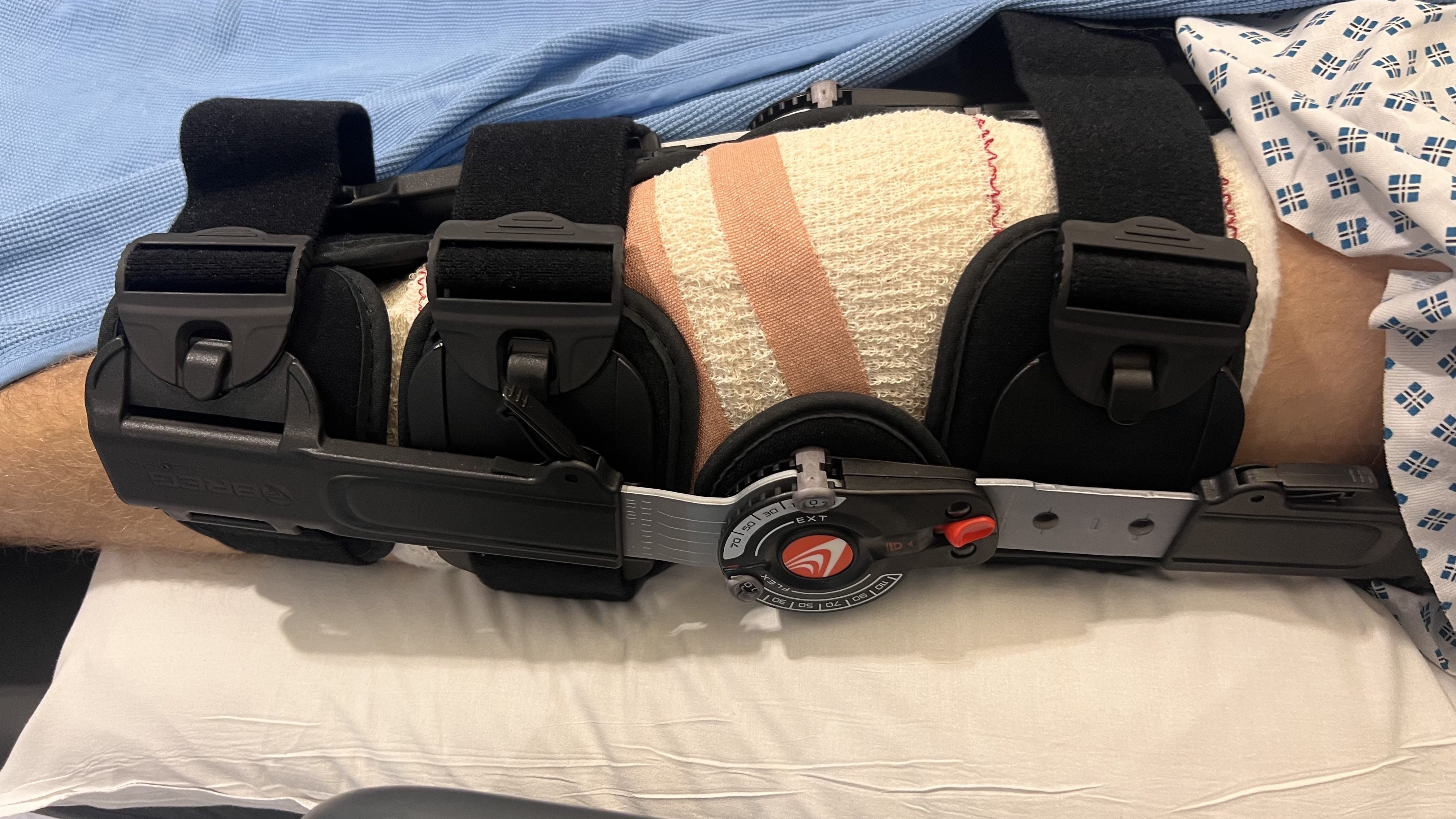POST OPERATIVE CARE 
When you leave hospital after an operation, I noticed that there was nothing in the way of nutritional after-care to optimise recovery. After all, the food you eat has a massive impact on physical and mental health, energy, sleep? Nothing given verbal or written?
Physiotherapy was booked for 6 weeks post operation, Surgeon consultations for the wound to make sure healing is on track was booked and the hospital did this before we left the building.
No advice on how to optimise sleep through nutrition so you can heal, no advice on nutrients for healing or even advice on a balanced diet with hydration? CRAZY!
I have put together the vital nutrients needed to recover healthily and given a few options to include within meals to make it easier to put together.
Nutritional needs for post-op recovery:
– Protein for tissue repair and muscle strength
Lean meats/Oily Fish/Tofu/Beans/Lentils/
– Vitamin C for immune system and wound healing
1. Oranges
2. Strawberries
3. Kiwi
4. Bell peppers (especially red bell peppers)
5. Guava
6. Papaya
7. Pineapple
8. Mango
9. Brussels sprouts
10. Kale
– Zinc for protein synthesis and tissue repair
1. Oysters
2. Beef
3. Pork
4. Chicken
5. Turkey
6. Crab
7. Lobster
8. Lentils
9. Chickpeas (garbanzo beans)
10. Pumpkin seeds
11. Cashews
12. Quinoa
– Omega-3 fatty acids for anti-inflammatory properties
1. Fatty fish (salmon, mackerel, sardines, herring, trout)
2. Flaxseeds and flaxseed oil
3. Chia seeds
4. Walnuts
5. Hemp seeds
6. Soybeans
7. Brussels sprouts
8. Algal oil (derived from algae, a plant-based source of omega-3s)
9. Seafood (especially cold-water fish)
Mind-gut connection:
– A healthy gut microbiome can positively impact mental health and physical, vital during recovery if homebound for weeks.
After having general anaesthetic, antibiotics, painkillers, anti sickness medications the most important part of healing is in the gut.
Here are some foods for the gut…
1. Yogurt: Contains probiotics that help maintain a healthy balance of gut bacteria.
2. Kefir: A fermented dairy product rich in probiotics.
3. Sauerkraut: Fermented cabbage that is a good source of probiotics.
4. Kimchi: Korean fermented vegetables that are rich in probiotics.
5. Kombucha: A fermented tea that contains probiotics.
6. Miso: A fermented soybean paste that is a source of probiotics.
7. Tempeh: Fermented soybeans that contain beneficial bacteria.
8. Fiber-rich foods: Whole grains, fruits, vegetables, legumes, and nuts promote a healthy gut microbiome.
9. Prebiotic foods: Foods like garlic, onions, leeks, bananas, and asparagus that feed beneficial gut bacteria.
10. Bone broth: Contains collagen and amino acids that support gut health.
So, with all this information you can make up a meal to suit the problem.
Menu 1
VEGAN AND GLUTEN FREE FIRST
Breakfast:
– Vegan option: Chia seed pudding with almond milk, topped with berries (protein, omega-3 fatty acids)
– Gluten-free option: Quinoa porridge with sliced banana and nuts (protein, zinc)
Lunch:
– Vegan option: Lentil and vegetable stir-fry with quinoa (protein, zinc)
– Gluten-free option: Grilled chicken salad with mixed greens and avocado (protein, vitamin C)
Dinner:
– Vegan option: Chickpea curry with brown rice and steamed vegetables (protein, zinc)
– Gluten-free option: Baked salmon with roasted sweet potatoes and broccoli (omega-3 fatty acids, vitamin C)
MENU 2
MEAT /FISH
Breakfast:
– Scrambled eggs with smoked salmon and avocado (protein, omega-3 fatty acids)
option 2: Grilled mackerel with a side of mixed berries (protein, omega-3 fatty acids)
Lunch:
– Meat option: Grilled chicken breast with quinoa and roasted vegetables (protein, zinc)
– Fish option: Tuna salad with mixed greens, cherry tomatoes, and olive oil dressing (protein, vitamin C)
Dinner:
– Meat option: Beef stir-fry with bell peppers and broccoli served over brown rice (protein, zinc)
– Fish option: Grilled trout with lemon and herbs, served with quinoa and steamed asparagus (omega-3 fatty acids, vitamin C)
Hope this helps
Maria
x
